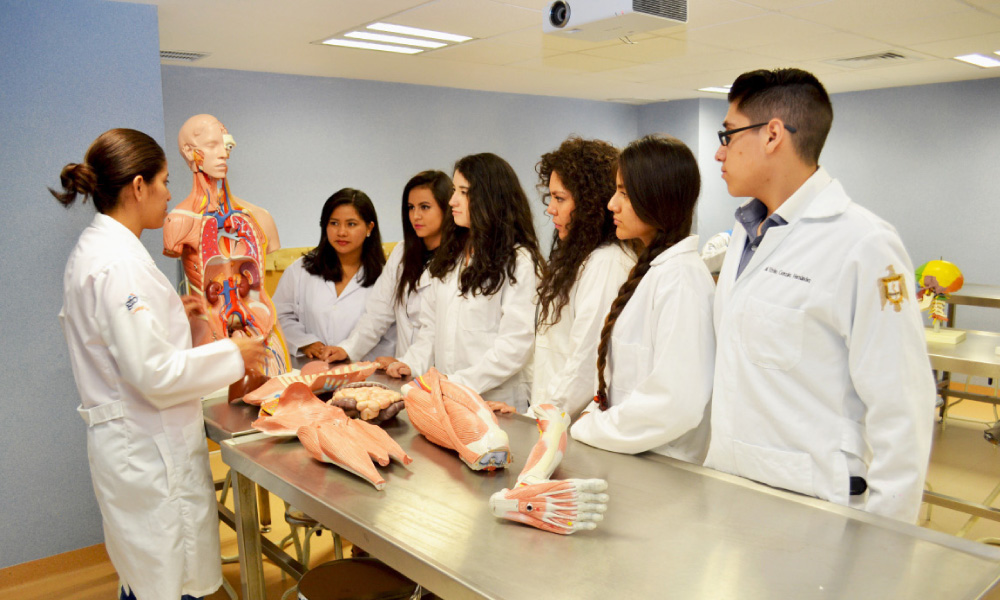“Wendy Lewis from England, and U.S. citizen Penélope Lu, both currently living in San Miguel de Allende, decided to donate their bodies to the University of Guanajuato (UG), in order to be used by students for academic purposes and research”, reported Gerardo Chavez Saavedra, professor and researcher at the Department of Medicine and Nutrition of the Unversity of Guanajato, Campus León, one of the main promoters of this donation campaign.
“After death, it’s better to donate the body as soon as possible due to the fact that we can preserve the remains with the similar characteristics they used to have in life,” Chavez said.
“The bodies usually have two or three weeks of conservation after being donated and may last up to two years for educational purposes. After that, dirfferent conservation processes such as plastination or osteotechnology are used, which extend organs usefulness for up to ten years”, said Chavez, then he added that the donation is regulated by the General Health Law.
The using of remains is done in all modules at the educational program of Medical Surgeon, and can also be used in other disciplines such as Nutrition or Nursing, where medical practices also carried out using human body parts.
It is essential that the bodies should not have suffered an accident and not had been victims of criminal acts.
The human bodies preserved for teaching purposes are kept in the amphitheater of the Department of Medicine and Nutrition, Campus León, in which there are refrigerators and steel plates that are used for student practices.
At the moment there are two human bodies in the amphitheater corresponding to Dorothea Franziska Stavroudis, from Austria, Vienna, who passed away at 91 years old and was a nurse and Sandra Faye Blackburn, from Sweden, Stockholm, a scientist who died at age 58.
Chavez explained that “donation is an altruistic act at the end of life that represents a way to stay alive, because for the University a body for research and educational purposes represents the best teaching material in the world… way better than plastic models, so this donations contribute significantly to a better education.
People interested in donating their organs, can contact Dr. Gerardo Chávez at [email protected] or call the number (477) 2674900, ext. 3682.
Source: https://www.am.com.mx/

